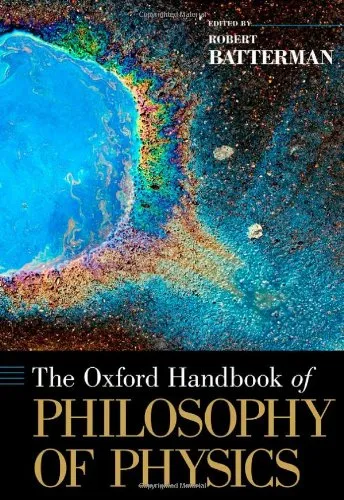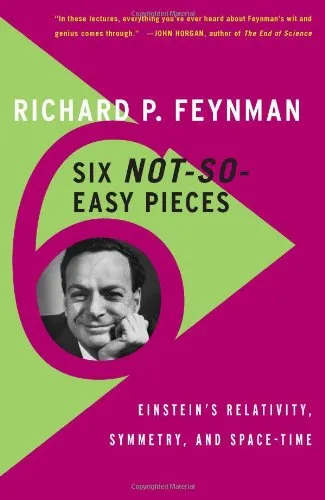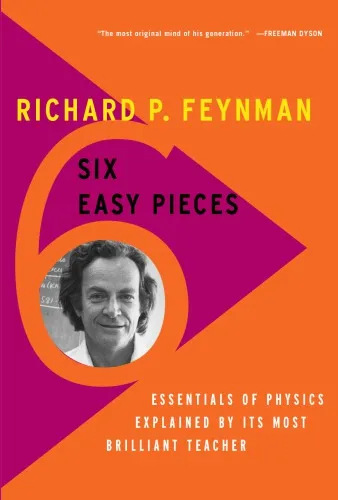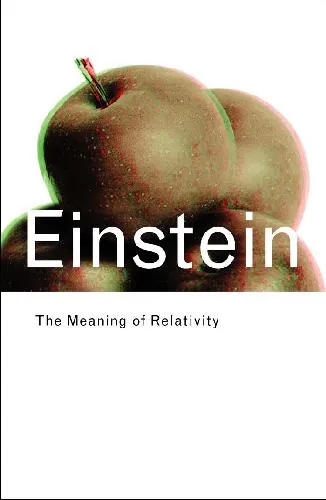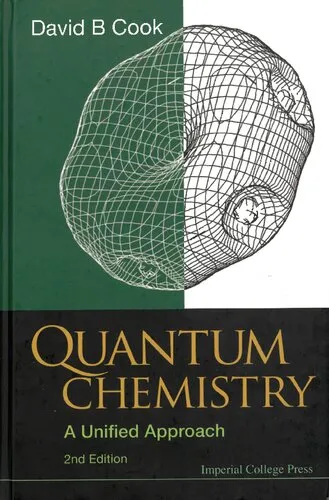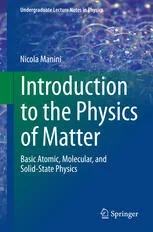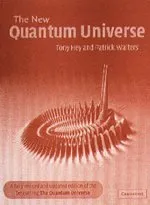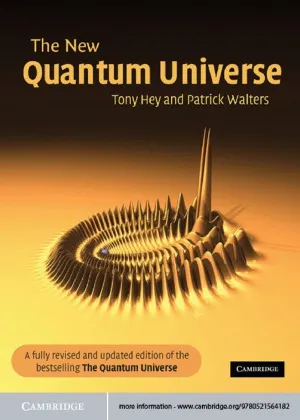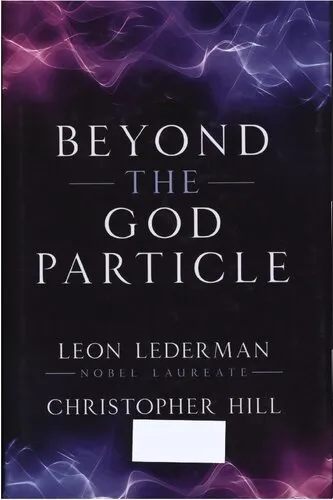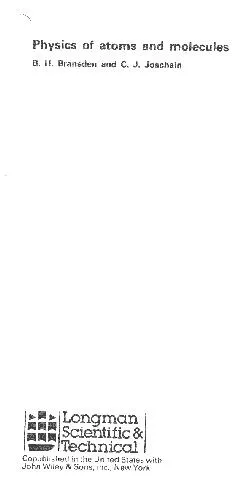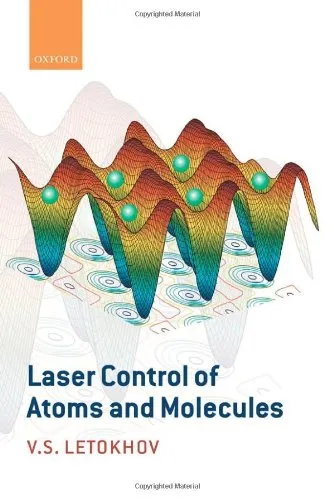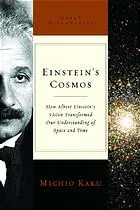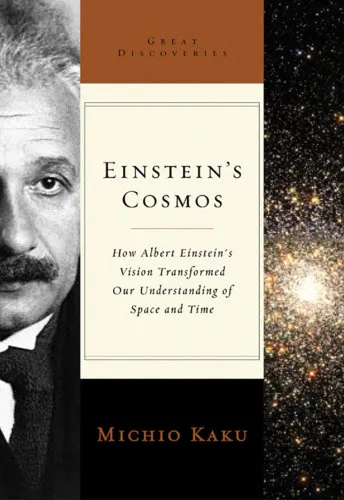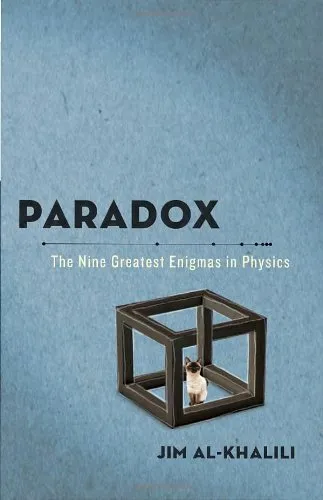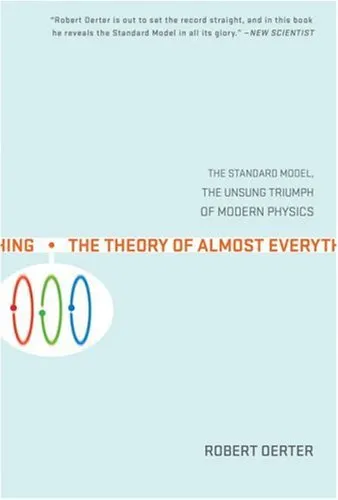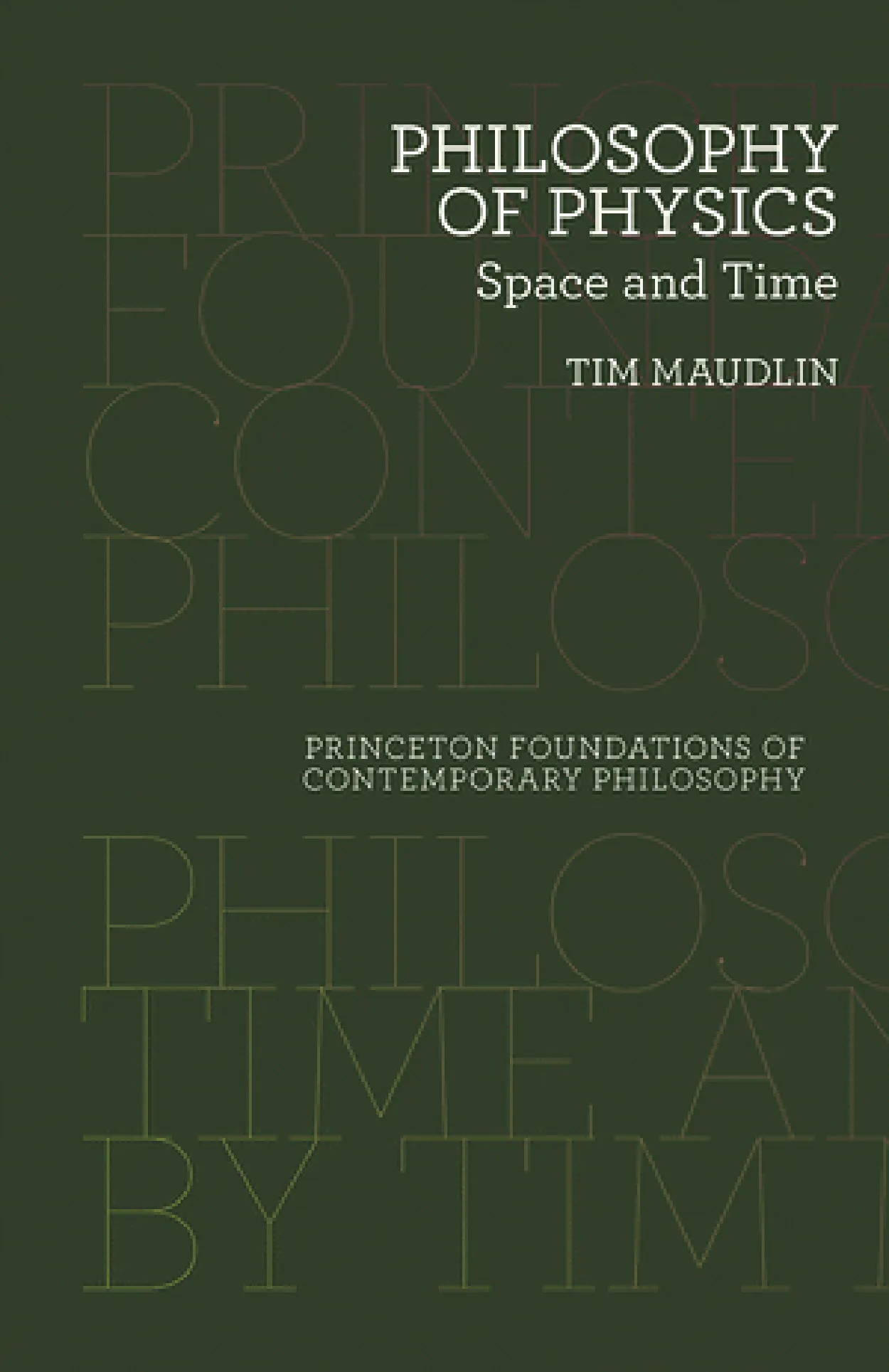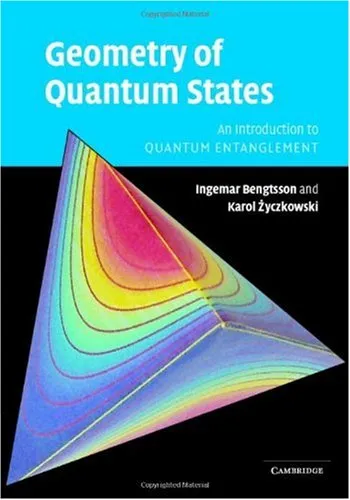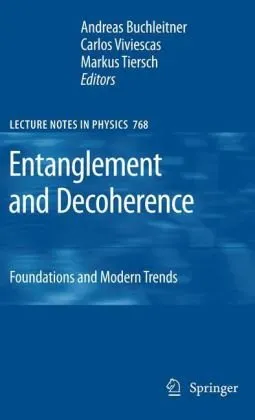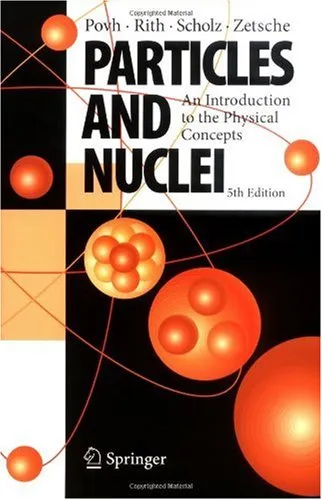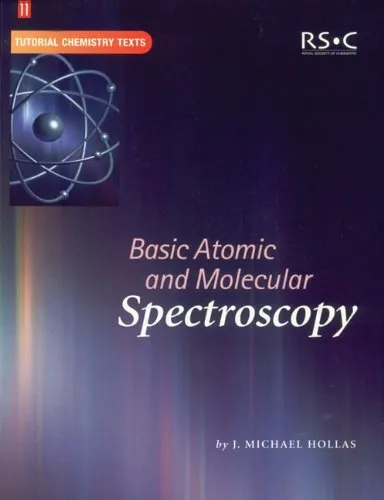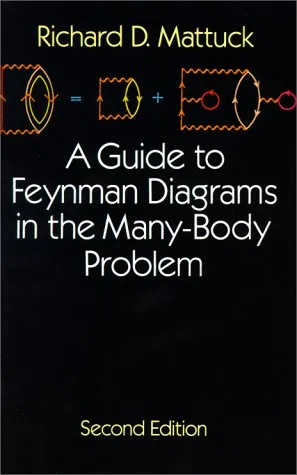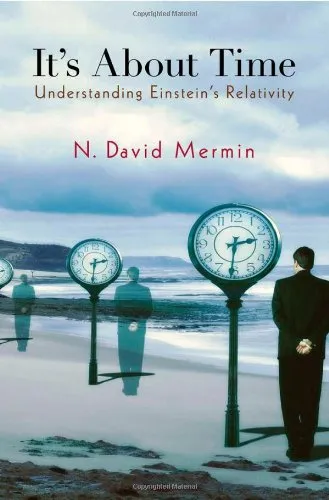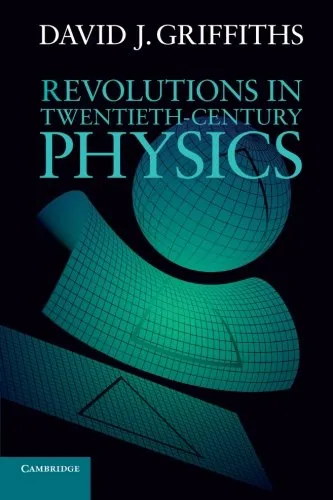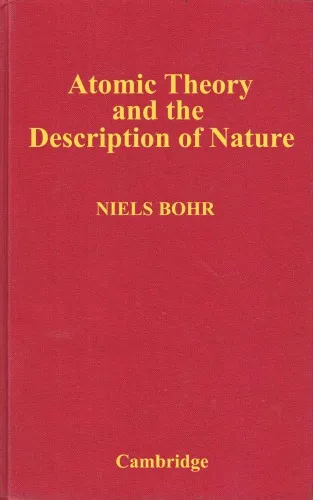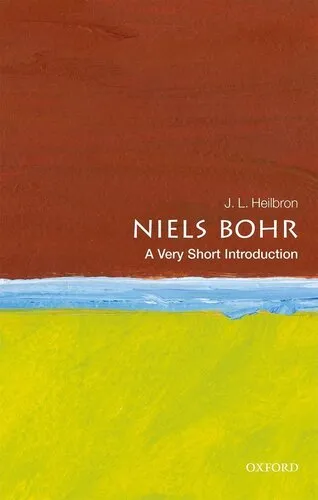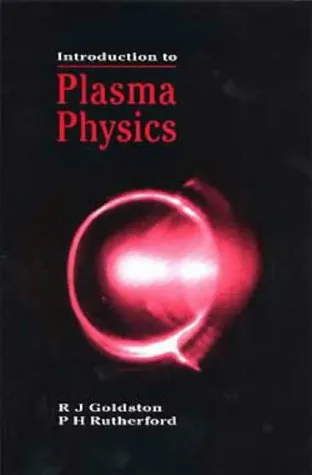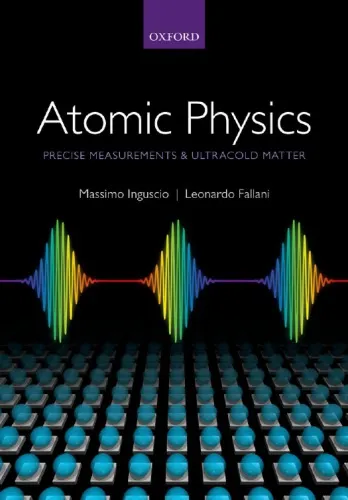The Oxford Handbook of Philosophy of Physics
4.5
بر اساس نظر کاربران

شما میتونید سوالاتتون در باره کتاب رو از هوش مصنوعیش بعد از ورود بپرسید
هر دانلود یا پرسش از هوش مصنوعی 2 امتیاز لازم دارد، برای بدست آوردن امتیاز رایگان، به صفحه ی راهنمای امتیازات سر بزنید و یک سری کار ارزشمند انجام بدینکتاب های مرتبط:
مقدمهای بر کتاب 'The Oxford Handbook of Philosophy of Physics'
کتاب 'The Oxford Handbook of Philosophy of Physics' یکی از جامعترین و معتبرترین منابع در حوزه فلسفه فیزیک بهشمار میرود. این کتاب بهطور گستردهای به بررسی مباحث بنیادین و مسائل نظری مهم این رشته پرداخته و از سوی پژوهشگران و علاقهمندان دانشگاهی بهعنوان منبعی غنی و متنوع مورد استفاده قرار میگیرد.
خلاصهای جامع از کتاب
کتاب 'The Oxford Handbook of Philosophy of Physics' بهطور جامع به بررسی مباحث مختلفی مانند Nature of Time، Quantum Mechanics، Statistical Mechanics، و Relativity Theory میپردازد. هر فصل توسط نویسندهای معتبر و تخصصی در آن زمینه نوشته شده است. با بهرهگیری از رویکردی میانرشتهای، این کتاب توانسته است ارتباطات گستردهای را بین اصول فیزیک کلاسیک و نظریات مدرن نشان دهد.
نکات کلیدی
- درک عمیقتر از مفاهیم پایه فلسفه فیزیک و تأثیر آن بر سایر حوزههای علمی.
- تحلیل موضوعاتی مانند پیوستگی و گسستگی در فیزیک کوانتوم.
- طرح سوالات فکری درباره ماهیت زمان و فضا.
- بررسی نقش احتمالات و نقض بل در فیزیک.
جملات معروف از کتاب
"تلاش برای فهم عمیقتر از نظریات فیزیکی نه تنها ما را ملزم به آموختن فیزیک میکند، بلکه باید به فلسفه نیز بپردازیم، زیرا هر نظریه فیزیکی دارای پیشفرضهای فلسفی زیادی است."
چرا این کتاب اهمیت دارد؟
کتاب 'The Oxford Handbook of Philosophy of Physics' نه تنها برای دانشجویان و پژوهشگران فلسفه فیزیک بلکه برای همه کسانی که به دنبال فهمی عمیقتر از مبانی علمی هستند، ضروری است. این اثر، با بررسی دقیق و عمیق مفاهیم و نظریات، توانسته است بین راههای تفکر مختلف پل بزند و دریچههای جدیدی برای تحلیل و تفسیر گفتمانهای علمی باز کند. بهعلاوه، این کتاب بهعنوان منبعی معتبر میتواند ابزار مهمی در تدریس و پژوهش در حوزههای فلسفه، فیزیک و ریاضیات باشد.
Introduction to 'The Oxford Handbook of Philosophy of Physics'
'The Oxford Handbook of Philosophy of Physics' serves as a comprehensive guide to the intricate and profound world of the philosophical issues surrounding physics. Edited by Robert Batterman, this volume is a crucial resource for philosophers, physicists, and anyone interested in the intersection of philosophy and science. Its aim is to demystify and elucidate the profound questions that arise in the study of physics, spanning topics from the nature of time and space to the foundations of quantum mechanics.
Detailed Summary of the Book
This handbook is a meticulously curated collection of essays by some of the foremost thinkers in the field. Each chapter delves into a specific topic, offering diverse perspectives and in-depth analysis. The book covers traditional themes of philosophy such as metaphysics and epistemology within the context of physical theories. It also addresses more contemporary issues like the interpretation of quantum mechanics, the role of symmetries in physics, the nature of spacetime, and the challenges posed by theories of computation and simulation.
The volume is structured to guide the reader through the historical context of these debates while simultaneously exploring cutting-edge philosophical research. It provides a balance of classic philosophical inquiries and modern scientific challenges, showcasing how these two disciplines influence and inform each other. Each essay is penned by experts who offer a detailed examination of their respective topics, making the text an invaluable reference.
Key Takeaways
One of the book's key takeaways is the realization that philosophical questions are inherent and unavoidable within physics. It elucidates how these questions can lead to meaningful progress in both philosophical and scientific fields. Another significant insight is the emphasis on the methodological and conceptual underpinnings of physical theories, which often require philosophical analysis to fully understand their implications.
The book also highlights the importance of interdisciplinary collaboration. It suggests that philosophical and scientific pursuits are not isolated from each other but are intimately connected in the quest to understand reality. Readers will come away with a greater appreciation for the nuanced dialogue between philosophy and physics, and how each can enrich the other's understanding.
Famous Quotes from the Book
The book is sprinkled with thought-provoking quotes that capture its essence. These quotations serve not only as highlights of the text but also as entry points into deeper reflection and discussion. Each chapter offers memorable lines that summarize and provoke thoughts on the complexities of physics and philosophy.
Quotes from the book emphasize the intricate nature of the universe and the challenges involved in uncovering its secrets through human inquiry and perception.
Why This Book Matters
'The Oxford Handbook of Philosophy of Physics' is a vital contribution to the academic landscape, bridging the gap between philosophical inquiry and physical sciences. It matters because it brings attention to the often-overlooked philosophical questions that underpin physical theories. These inquiries are crucial for advancing our understanding of fundamental concepts like time, space, causality, and reality itself.
The book also addresses the educational gap, serving both as a teaching resource and a research guide for students and scholars across disciplines. It challenges readers to think critically about the assumptions and conceptual foundations of physics, promoting a deeper comprehension that transcends technical knowledge alone.
دانلود رایگان مستقیم
شما میتونید سوالاتتون در باره کتاب رو از هوش مصنوعیش بعد از ورود بپرسید
دسترسی به کتابها از طریق پلتفرمهای قانونی و کتابخانههای عمومی نه تنها از حقوق نویسندگان و ناشران حمایت میکند، بلکه به پایداری فرهنگ کتابخوانی نیز کمک میرساند. پیش از دانلود، لحظهای به بررسی این گزینهها فکر کنید.
این کتاب رو در پلتفرم های دیگه ببینید
WorldCat به شما کمک میکنه تا کتاب ها رو در کتابخانه های سراسر دنیا پیدا کنید
امتیازها، نظرات تخصصی و صحبت ها درباره کتاب را در Goodreads ببینید
کتابهای کمیاب یا دست دوم را در AbeBooks پیدا کنید و بخرید
1367
بازدید4.5
امتیاز0
نظر98%
رضایتنظرات:
4.5
بر اساس 0 نظر کاربران
Questions & Answers
Ask questions about this book or help others by answering
No questions yet. Be the first to ask!
